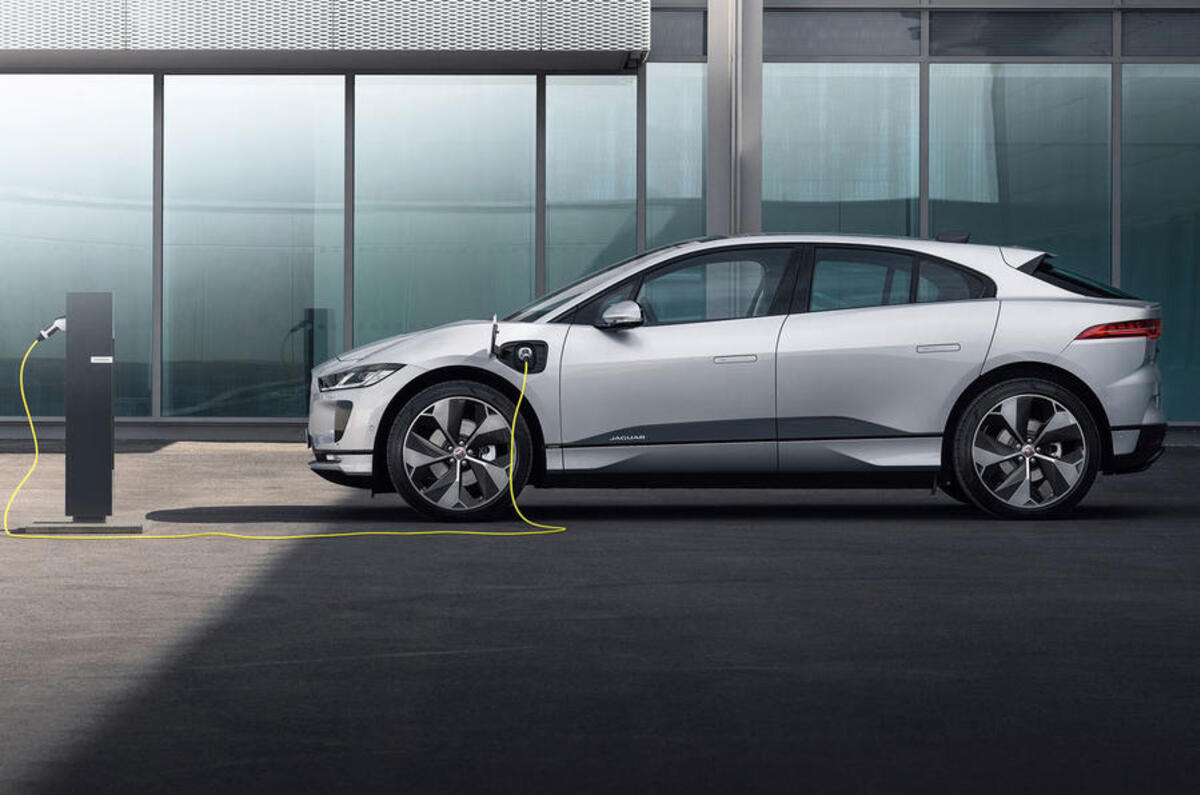We’ve grown used to car factories in this country having a constant air of insecurity around them and their future prospects.
So our scoop this week that Land Rover will start building electric cars at Halewood in 2024 as part of a major refit and refurbishment of the plant is a welcome bit of good news for the cars that are made there and their future relevance.




Join the debate
Add your comment
JLR has the world's worst automotive CEO in charge, Thierry Bollore.
He's killing off Jaguar. Cancelling all their models instead of walking them through a hybrid period towards full electrification. Trying to move all JLR's products up market instead of expanding the range to fully compete with the German brands that they should be doing.
Bollore cancelled the next XJ stating the platform was out of date, only to release both the Range Rover and the Sport version using that very same platform. Now wants to reinvent Jaguar as a fully EV company in the belief it can instantly rival Tesla.
Many have thought they would be the next Tesla, many have failed.
i-Pace hasn't been updating, yet it was not only first by class leading. FAR too many journalists over looked it in favour of German rivals, even when they stated in reviews it was better! They still picked an Audi or Merc. Why? But more a question to Jaguar, why no updates? Why no expansion of EV offerings?
Bollore wants Jaguar to compete with Bentley. That means decimating the workforce because Bentley only does a fraction of the cars Jaguar does, and even less than it could.
Jaguar should have been improving their current ranges, ensuring that the occupants front and back come first in design, have space for feet, head, shoulders and are comfortable, before designing a cramp interior. Then they should be doing a 1-series / A-class rival. A smaller Jaguar to get younger people in to the brand. Making the design language inside attractive to the younger (under 60!) generation!
Even the Evoke has been allowed to get stale. Once their most popular model, it doesn't fit with Range Rover's desires to become more and more expensive. Anyone with a basic understanding of economics can predict what happens to your sales when you overprice your goods. The Evoke won't fit in Bollore's future plans, and neither will those who build it.
Bollore so far has only managed to kill off Jaguar by refusing to build them. Even our own government had to buy Audis because Bollore refused to build more XJ models.
RIP Jaguar. Cause of death: Thierry Bollore.